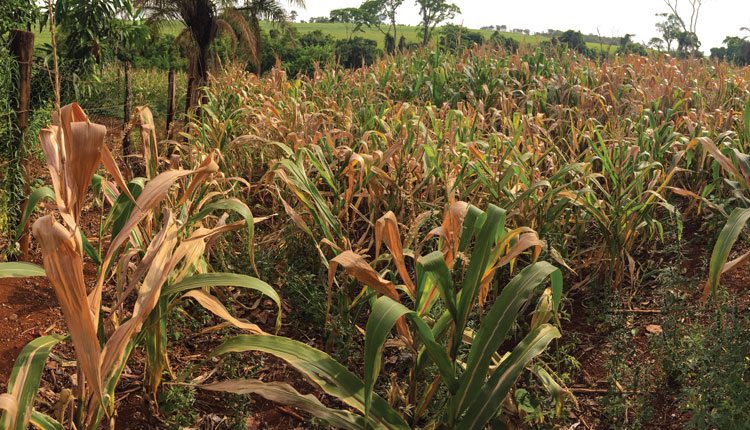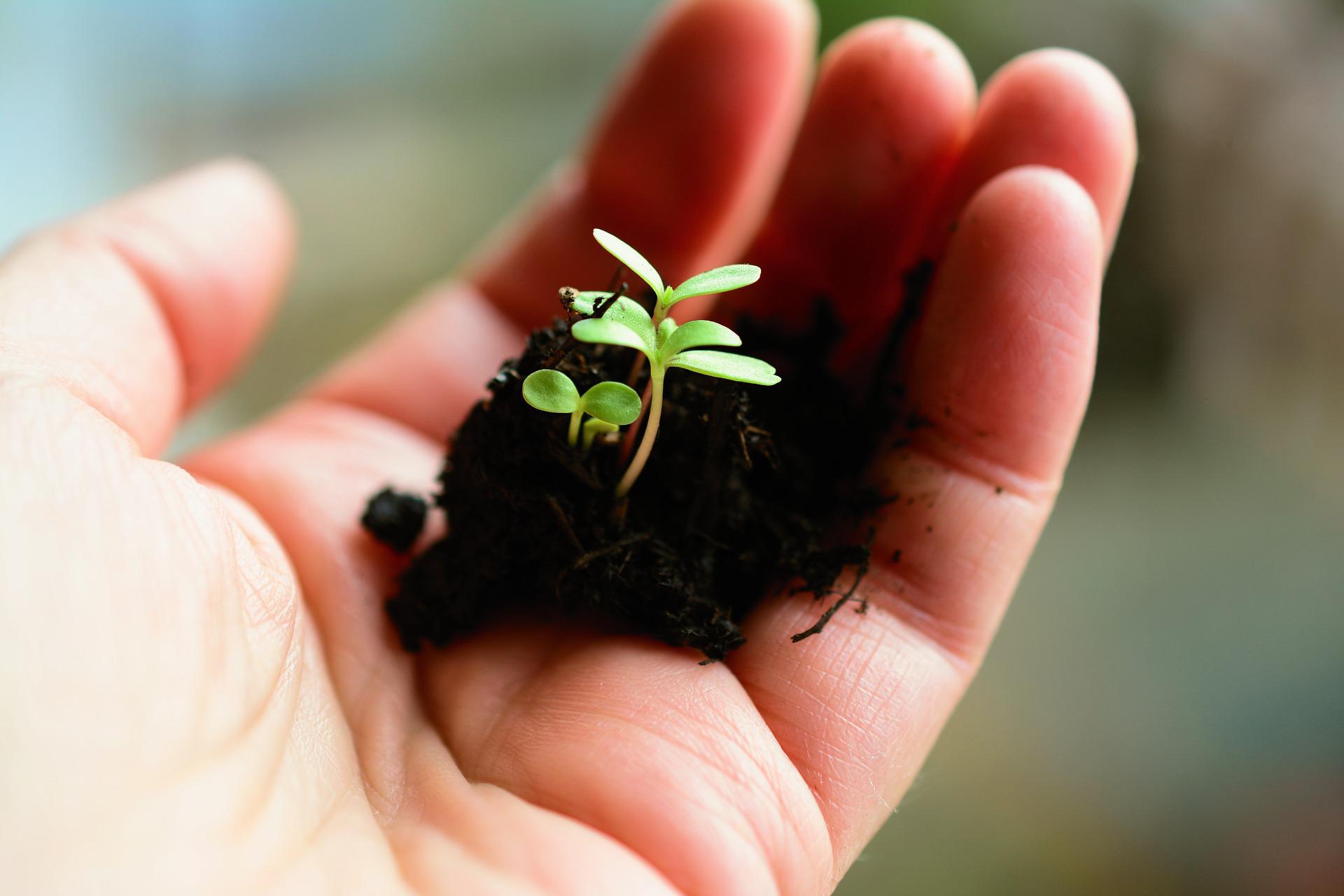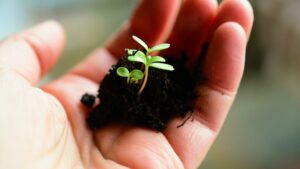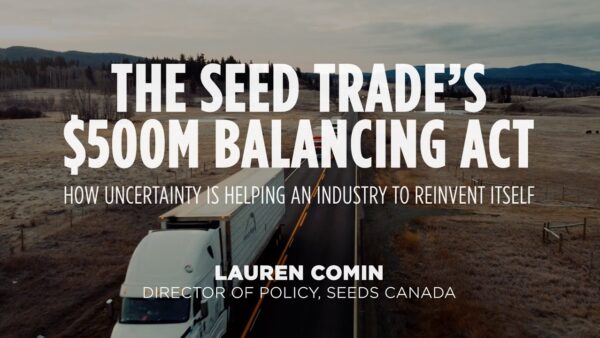Perhaps the impact of crop improvement can best be seen on the farm. Here, three farmers from Uruguay share their perspective about the importance of buying commercial seed.
About 186 miles or 300 kilometers north of Montevideo, near the small town of Mercedes, is where Alejandro González spends his days tending to the cattle and farming the land. With 790 acres (320 hectares) of good soil, he raises cattle and plants barley, sorghum, corn and soybeans.
He explains that if farmers don’t use commercial seeds, they open themselves up to the possibility of weed seed or seed that has been commingled with other crops, such as grasses or legumes. “Working with commercial seed eliminates these types of problems,” González says.
While seeds are a significant cost, González says its one of the most important things he purchases on his farm. “One must take into consideration the return on investment when seed comes, cleaned, pretreated and ready to plant,” he says, noting that this has great advantages, such as increased efficiency at planting time.
Another efficiency or cost savings González sees is with the reduced labor of his operation. He no longer needs to hire as many people to do all the tasks associated with saving seed for the next year’s planting.
“We use much less labor now, and it’s not easy to findcompetent help,” he says.
Sometimes, González has problems with foreign seed in his wheat or barley, but that’s not a concern when it comes to corn and soybeans. “Commercial seed, is much better quality and more uniform,” he says.
Not too far from González, Carolina Fillat focuses on managing about 1,800 acres for her cow-calf operation and grazing sheep.
Fillat says it’s important for farmers to see genetic progress on the farm. There’s great competition in the seed industry, she says, which means that companies are continually working to improve their products.
She relies on a rhizomatous Festuca from Estero S.A., based in Montevideo. She also depends on Lotus from Gentos, which she says is superior to the traditional San Gabriel.
Like González, Fillat knows that commercial seed is more expensive. She says should could buy seed from a neighbor at a cheaper price, but she says it comes without the guarantees and controls put in place by INASE, the National Institute of Seeds, and increases her risk of establishing weeds in her forage stands.
Along with planting commercial seed, Fillat has also changed some of her management practices. For instance, she has increased planting density, uses a starter fertilizer and changed from broadcast seeding to direct seeding.
We are always looking for areas that we can improve, says Fillat. Agricultural production is not easy, and there have been better times, economically. “That’s why my father and I are always looking for ways we can improve our production results,” she says. “Having crops that produce more dry matter or better grain yields, allows us to have better overall results.
I think today, the use of high quality seeds, is among the fundamental inputs for good results.”
Another farmer who understands the importance of planting high quality seed is Sergio Abreu, who farms about 1,200 acres or 500 hectares in San Geronimo.
Like Fillat, Abreu primarily focuses on livestock. His farm is dedicated to milking cows and growing out steers. He also producers grain for feed and fodder.
Abreu says the seed industry has come a long way since the introduction of INASE. Before if you bought seeds, you had no idea what you were buying in terms of quality, Abreu says. Today, he is confident in the seed that he buys because of the controls that are in place.
When my parents, who are still working together, were buying seed from the neighbor, there were many problems with establishment, Abreu says. “Cheapness worked out expensive most of the time,” he adds.
Today, everything is expensive, Abreu says, explaining that production costs have increased sharply while milk prices have fallen. The prospects are not good, he says. “The better the crop, the more milk we get, and that’s what we need,” Abreu shares. “We need the best products and ways of planting. If the seed is not high quality, we won’t get the crop that’s needed.”
Abreu says they plant 100 percent commercial seed on their farming operation. “We cannot afford to have a crop failure,” he says.”If we have a successful crop, we sell more milk, which leads to increased income,” Abreu shares. “This allows us to improve our housing, education and health, for example.”
INASE Controls
These controls farmers rely on are upheld by INASE. Founded in 1997, INASE oversees the certification of more than 100,000 acres per year of seed crops. The certification system ensures genetic purity and seed traceability. The process of seed certification is based on Organisation for Economic Co-operation and Development guidelines.
INASE has a seed laboratory accredited by the International Seed Testing Association, and has obtained outstanding marks on every refereed test that is has participated in. INASE’s seed test experts also oversee the performance of private labs from around the country to ensure the same level of high performance.
INASE is also responsible for enforcing the plant breeders’ rights and a solid regulatory system has earned Uruguay the confidence of foreign companies for counter-season seed multiplication for corn and soybeans.













